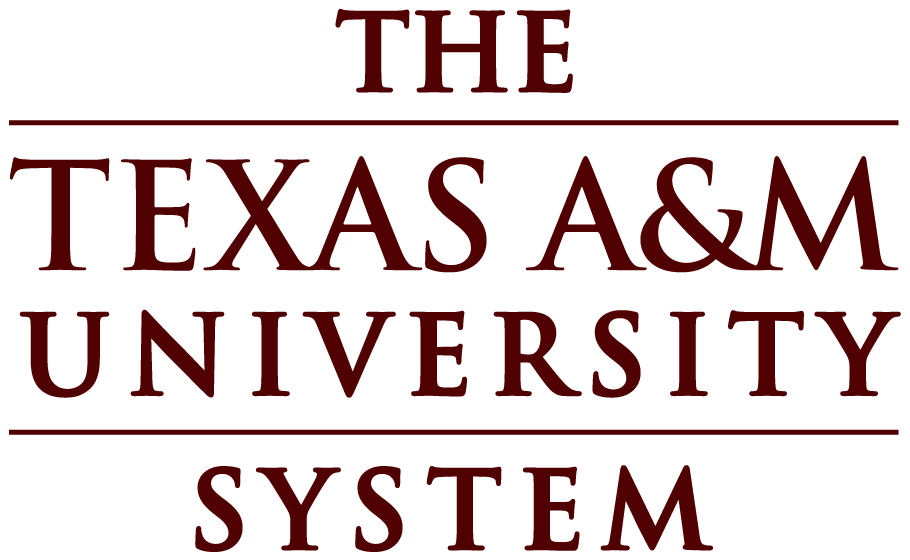The Center for Infrastructure Renewal (CIR) makes a vital impact on infrastructure related industries through three pathways: research, education, and workforce development. As part of our workforce development arm, the CIR offers short courses throughout the year led by industry experts and academics. Courses range from in-person to online, and offer working professionals valuable educational opportunities in an interactive environment. Professional Development Hours (PDHs) are awarded upon course completion.
Upcoming Short Course Offerings:
Smart Grid Center – https://smartgridcenter.tamu.edu/events/short-courses/
TEES EDGE Corrosion Lab – https://teesedge.tamu.edu/courses/materials-infrastructure/
If you have any questions regarding short course offerings, please reach out to us via email at [email protected]



